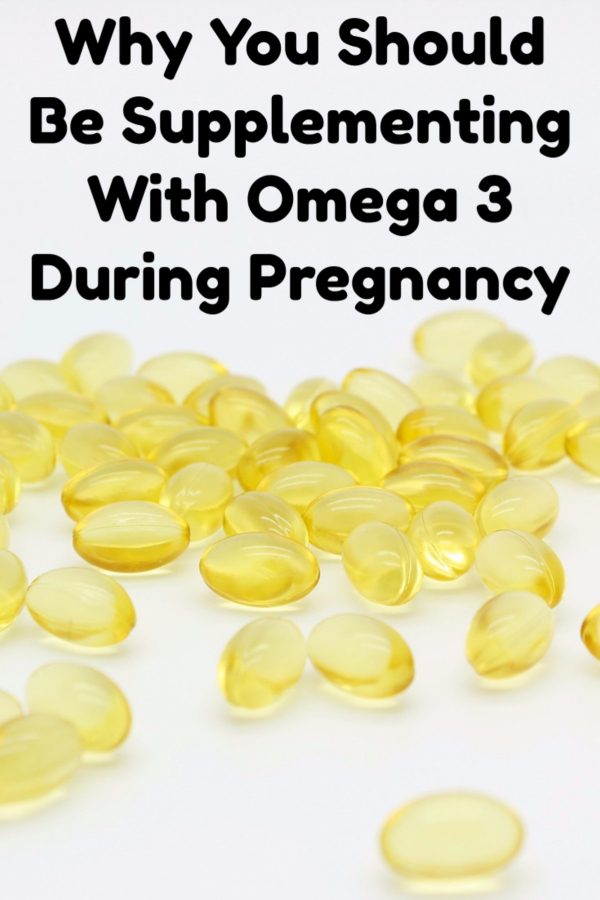Disclosure: This post may contain affiliate links, meaning we get a commission if you decide to make a purchase through our links, at no cost to you. Please read our disclosure for more info.
We are all now aware of the benefits of having omega-3 fatty acids in our diet, but new research has shown a positive correlation between omega-3 fatty acid supplementation during pregnancy and a healthier baby.

The research, published in the American Journal Of Clinical Nutrition offers a comprehensive study on the effects of a particular omega-3 fatty acid, and the health of the newborn baby. The study focuses on the omega-3 fatty acid known as docosahexaenoic acid. DHA is the fat that makes up 97% of all omega-3 fats in the brain and 93% of the fats in the retina; it plays a crucially important role for proper development of the baby. As it’s an ‘essential fatty acid’, our bodies cannot produce it and it must therefore be consumed or supplemented through our diet.
The study showed that supplementation of DHA in the last half of gestation resulted in a longer gestation time and larger baby size. This, in turn, led to a healthier and heavier baby compared to the placebo group.
Another study showed that consumption of omega-3 during pregnancy led to children having a higher verbal intelligence at 18 months compared to the placebo group. Other benefits such as greater communication and social skills were also noted.
Perhaps one of the most reassuring benefits of omega-3 supplementation is found in its ability to improve the sleep cycles of babies. Positive effects of omega-3 during pregnancy and infants sleep pattern were found with just 300mg of DHA per day during pregnancy. The importance of sleep cannot be understated, with its important role on a baby’s development and not to mention the well-needed rest period for new mothers.
Despite omega-3 DHA playing a vital role in a baby’s eye and brain development, expectant mothers are now being told to limit their fish intake throughout their pregnancy period. The reason for this is because many types of fish and some fish oils can contain harmful levels of mercury and other chemicals that are detrimental to both mother and baby.
The Problem With Fish
Many health organisations recommend limiting your fish intake to 2-3 portions per week. Also, consuming different varieties that are lower in mercury such as salmon, shrimp, tuna and cod.
For more convenience you can also try supplementing with a fish oil product. Remember to pick a fish oil brand that specifically states on the packaging that it’s free from mercury. Alternatively, you can purchase an algae-based omega-3 supplement such as one from nothingfishy. Algae supplements contain omega-3 DHA and are grown in purified pools, away from any chemical contaminants.
Overall, for the relatively low cost of including omega-3 fatty acids in your diet, it’s a must have for pregnancy and beyond.
You can find Omega 3 Fish Oil for the best price on Amazon.


